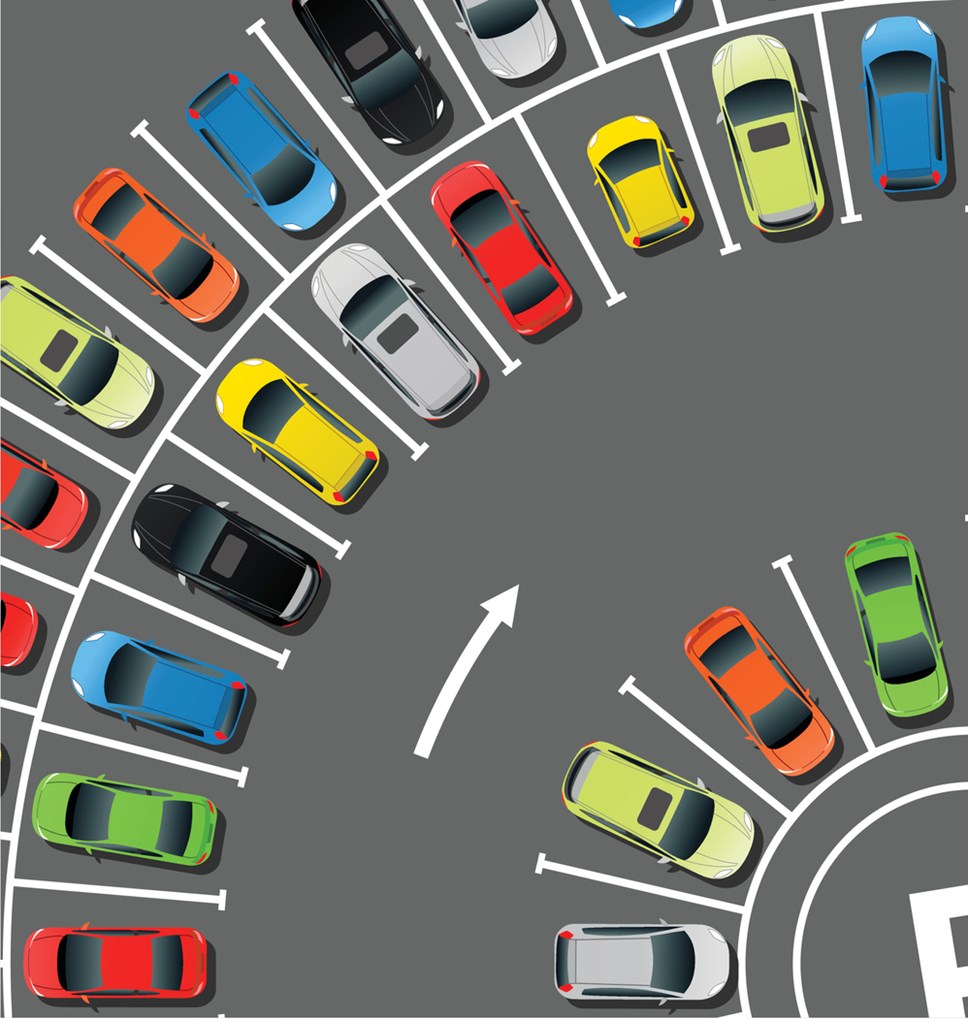
Motorists agree with the BPA: don’t cut PCNs
Counter to recent announcements by the Government, motorists are overwhelmingly opposed to recent proposals to reduce Parking Charge Notices (PCNs) in privately owned car parks.
An independent survey of over 3000 people in the UK found that the majority opposed the proposed reduction of PCNs. The Government are currently deciding whether to go ahead with proposals to reduce the deterrent for breaking parking rules in private car parks across England, Wales and Scotland. Under the plans, most £100 PCNs (discounted* to £60) would be changed to £50 PCNs (discounted* to £25).
Those surveyed also agreed that motorists who break parking rules should fund the costs of providing private car park management and enforcement services.
This view is supported by the BPA, which agrees that selfish and rule-breaking motorists need to be sufficiently deterred and that the cost involved in preventing such behaviour should not be borne by all motorists.
The BPA is asking that the Government press ahead with the introduction of the new Code of Practice, which aligns with their longstanding call for a single Independent Appeals Service, and Standard Setting Body to oversee and regulate parking on private land.
The aim of the Act and therefore the Code is to ensure clarity and fairness for the large majority of compliant motorists who park and do not receive a PCN.
But for the Code to be effective a sufficient deterrent against inconsiderate parking behaviour needs to exist, something people in the UK agree with.
The BPA said, “The results of this survey support our view that the Government should abandon plans to reduce PCN caps. Motorists and the parking sector all agree that a deterrent is needed to ensure people can use private parking facilities safely and easily. A small, but significant, minority of motorists currently abuse the system. Government plans would actually reward those motorists to the detriment of those that follow the rules and park considerately. We are pleased that this survey confirms that the majority of road users and motorists agree.
We call on the Government to work with us to ensure any new regulatory framework achieves its intended aim, without undermining the very measures which make the system effective in deterring noncompliance with parking rules and regulations.”
For more information visit https://www.britishparking.co.uk/
*When paid within 14 days
Notes to editors
For more information please contact the BPA press office – email: media@britishparking.co.uk or visit our Newsroom.
1) The British Parking Association (BPA) is the professional body representing the UK parking and traffic management profession. We have more than 750 corporate members, which includes representation from local government, commercial providers, and operators of parking systems, as well as consultants and academics. In addition, we represent over c.650 individuals working within the parking profession and have a separate membership structure exists to support individuals in their career and professional development. The BPA is a not for profit organisation working with our partners to support growth for their communities, improve compliance by those managing and using parking facilities and encourage fairness to achieve our vision of excellence in parking for all. Any surplus income arising from our work is reinvested back into activities to support our members.
2) We have always been at the forefront of raising standards with the first Code of Practice in 2006 and Approved Operator Scheme (AOS) in 2007. Our Code is continuously improved with stakeholders, accompanied by a full internal and third-party audit, and a scheme of sanctions to ensure our members comply.
3) In 2012 we launched POPLA, the first independent appeal service for tickets issued on private land allowing motorists access to free independent appeals.
4) The research was conducted on behalf of the British Parking Association (BPA) by Walnut Unlimited. Walnut interviewed a nationally representative online sample of 3,031 UK adults aged 18+, between 30 October and 6 November 2023. The sample was structured by nation as follows:
- England - 2,074 response
- Scotland - 501 response
- Wales - 354 response
- Northern Ireland – 102 responses
Demographic and geographical quotas were set to ensure a representative sample in each UK nation. At the analysis stage, data has been weighted to the profile of all adults aged 18+ in each nation and according to each nation’s share of the UK total.
